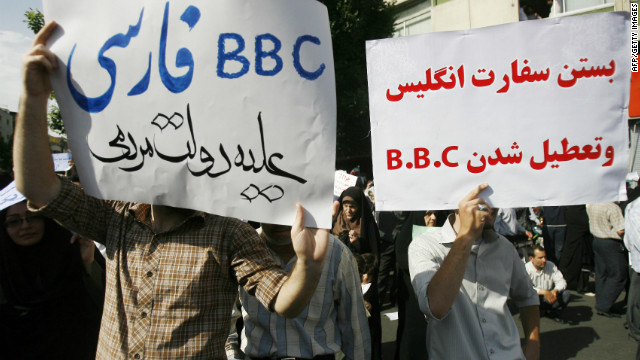by Emilee Gaebler
Impunity Watch Reporter, South America
BRASÍLIA, Brazil – Just recently the annual award for the “worst big company” was given to Brazilian company, Vale. Close to 89,000 votes were placed online and Vale received just over 25,000 of them.

Vale is officially this year’s winner for having the most “contempt for the environment and human rights.” The undesired award is co-organized by the Swiss nonprofit, the Berne Declaration and Greenpeace Switzerland. The award is an antagonistic response to the Davos summit hosted each year at this time by the World Economic Forum.
The Davos coordinators and participants portray themselves as protectors of human rights but those critical of them note that they only represent the “privileged 1%.” Its members are the 1,000 most profitable and powerful companies globally.
Vale is a mining company and a shareholder in the disputed Belo Monte dam project in Brazil. As reported by the Public Eye, Vale is the second-largest corporation in Brazil and the second-largest mining corporation internationally as well. They currently have operations in over 40 countries world-wide.
The company has a long history of abuses. Reports over the years have cited; terrible working conditions, forced displacement of indigenous people on many of their projects, use of paramilitary leaders to repress indigenous leaders and incalculable environmental damages. As well, health complications have arisen in the vicinities surrounding Vale’s coal-burning facilities.
The company’s operations in Brazil make up 4% of the carbon emissions in all of the country. They use 1.2 billion cubic meters of water annually, which is enough to meet the needs of 22,000 people for a one year period. They also dumped 114 million cubic meters of waste last year.
The current Belo Monte project they are involved in has garnered media attention over the past year as the construction of the dam threatens to displace thousands of indigenous people by flooding the land on which they currently reside. The company’s response to the award, aimed at shaming them into better behavior, was denial.
“Those who have chosen to misrepresent Vale’s record cite our participation on the Belo Monte Project, where we hold a 9% share…[c]learly, we are a minority shareholder” was the response posted.
Those responsible for the award are anxious to see more transparency in big businesses and that the leaders of these companies get held to a higher standard of credibility. The goal is not as simple as embarrassing the companies; but rather to demonstrate that lack of regulations allows them to get away with blatant disregard for human and environmental rights around the world.
For more information, please see;
Latin America Press – Vale Wins “Worst Company” Award – 2 February 2012
Common Dreams – Unique Awards Highlight Corporate Irresponsibility – 29 January 2012
The Guardian – Public Eye Award Singles Out Mining Company Vale, Barclay – 27 January 2012
Reuters – Davos Elite’s Largesse Fails to Appease Critics – 27 January 2012

